This article was co-authored by Damaris Vega, MD. Dr. Damaris Vega is a board certified Endocrinologist. She graduated Magna Cum Laude from the Pontifical Catholic University of Puerto Rico with a BS in General Science and subsequently earned an MD from the Ponce School of Medicine, Ponce, PR. During medical school, Dr. Vega served as president of the Alpha Omega Alpha Medical Honor Society and was selected as her school's representative for the American Association of Medical Colleges. She then completed a residency in Internal Medicine and a fellowship in Endocrinology, Diabetes, Mineral, and Metabolism at The University of Texas Southwestern Medical School. Dr. Vega has been recognized for excellent patient care multiple times by the National Committee for Quality Assurance and received the Patients' Choice Award in 2008, 2009, and 2015. She is a fellow of the American College of Clinical Endocrinologists and is an active member of the American Association of Clinical Endocrinologists, the American Diabetes Association, and the Endocrine Society. Dr. Vega is also the founder and CEO of Houston Endocrinology Center as well as a principal investigator for multiple clinical trials at Juno Research, LLC.
There are 11 references cited in this article, which can be found at the bottom of the page.
wikiHow marks an article as reader-approved once it receives enough positive feedback. In this case, several readers have written to tell us that this article was helpful to them, earning it our reader-approved status.
This article has been viewed 47,931 times.
If you're being treated for hyperthyroidism or thyroid cancer, you may be given radioactive iodine or radioiodine.[1] With this treatment, it's possible to contaminate others with radiation, even though the amount of radiation you're given is fairly small. For that reason, take precautions to clean up after yourself, particularly in the bathroom and the kitchen, and to isolate items you use from other household items. Talk to your doctor about how long to maintain this precaution period; typically, it's 3 to 7 days from your treatment.
Things You Should Know
- Flush the toilet twice after using it and wipe it thoroughly to properly get rid of radioactive fluids.
- Shower once a day to rinse away the leftover radioiodine, but make sure to scrub the shower well after using it.
- Wash your clothes and dishes separately from your family's so you don't contaminate their belongings.
Steps
References
- ↑ https://www.mayoclinic.org/drugs-supplements/sodium-iodide-i-131-oral-route/description/drg-20066049
- ↑ https://www.stjoes.ca/patients-visitors/patient-education/f-j/PD%206177%20I131RadioactiveIodineTherapySJH-trh.pdf
- ↑ http://www.thyca.org/pap-fol/rai/
- ↑ https://www.stjoes.ca/patients-visitors/patient-education/f-j/PD%206177%20I131RadioactiveIodineTherapySJH-trh.pdf
- ↑ https://www.stjoes.ca/patients-visitors/patient-education/f-j/PD%206177%20I131RadioactiveIodineTherapySJH-trh.pdf
- ↑ https://www.stjoes.ca/patients-visitors/patient-education/f-j/PD%206177%20I131RadioactiveIodineTherapySJH-trh.pdf
- ↑ https://www.mayoclinic.org/drugs-supplements/sodium-iodide-i-131-oral-route/precautions/drg-20066049
- ↑ https://www.thyrogen.com/-/media/EMS/Conditions/RareDiseases/Brands/Thyrogen/Site_PDF/post%20treatment%20information%20for%20radioiodine_SAUS,-d-,THYR,-d-,18,-d-,09,-d-,5699_V2.pdf
- ↑ https://www.mayoclinic.org/drugs-supplements/sodium-iodide-i-131-oral-route/precautions/drg-20066049
- ↑ https://www.mayoclinic.org/drugs-supplements/sodium-iodide-i-131-oral-route/precautions/drg-20066049
- ↑ https://www.thyrogen.com/-/media/EMS/Conditions/RareDiseases/Brands/Thyrogen/Site_PDF/post%20treatment%20information%20for%20radioiodine_SAUS,-d-,THYR,-d-,18,-d-,09,-d-,5699_V2.pdf
- ↑ http://www.thyca.org/download/document/184/ataradiation.pdf
- ↑ http://www.thyca.org/download/document/184/ataradiation.pdf
- ↑ https://www.stjoes.ca/patients-visitors/patient-education/f-j/PD%206177%20I131RadioactiveIodineTherapySJH-trh.pdf
- ↑ https://rosemed.com/service/thyroid-parathyroid-patient-education-radioactive-iodine-for-thyroid-cancer
- ↑ http://www.thyca.org/download/document/184/ataradiation.pdf
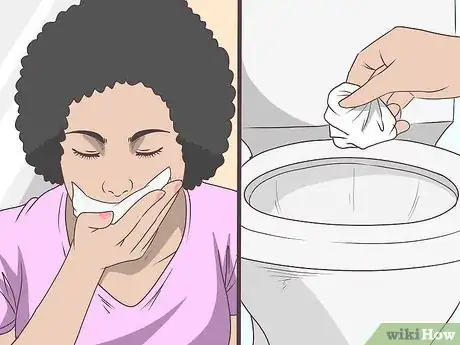
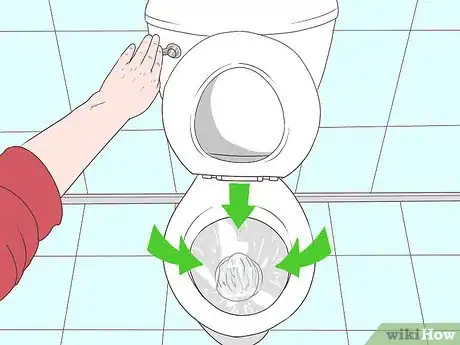
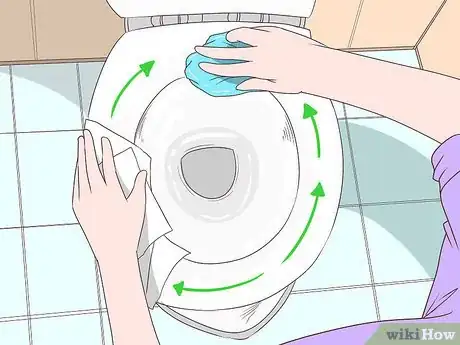
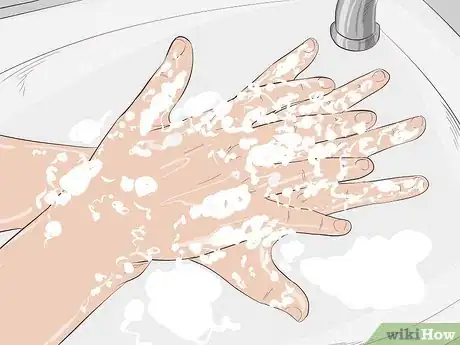

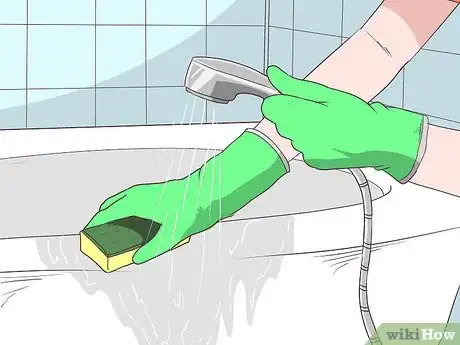
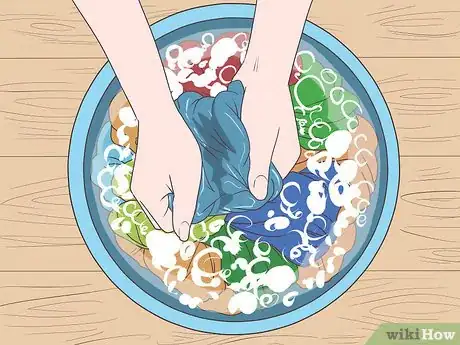
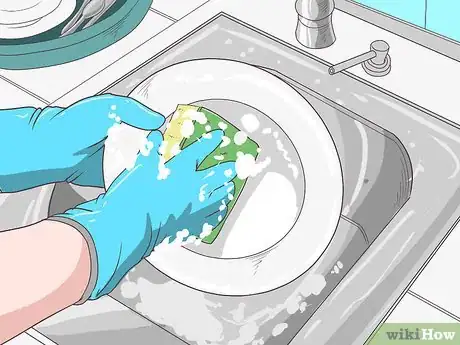
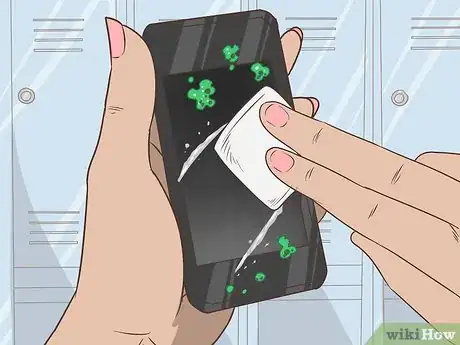
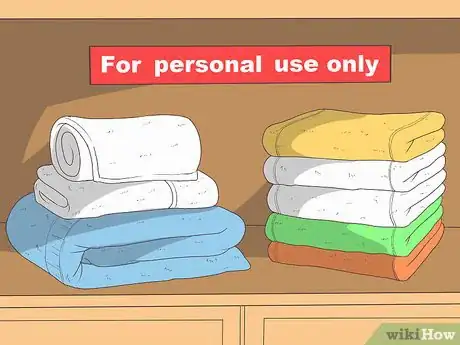


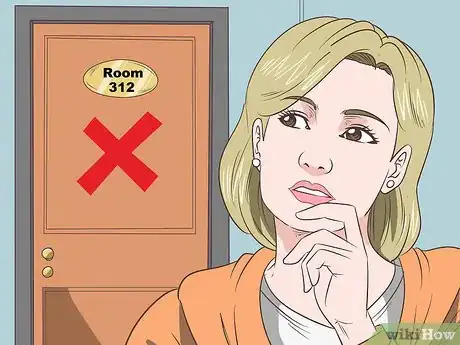
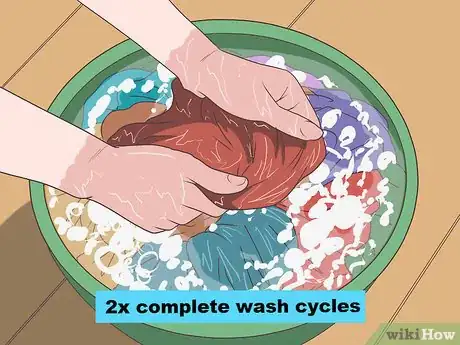
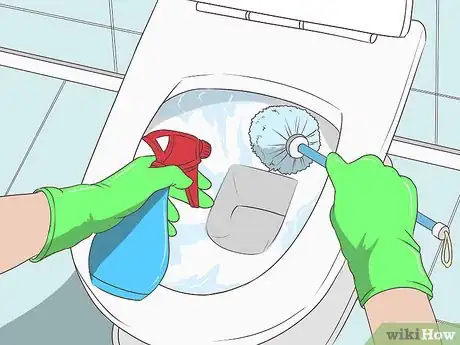
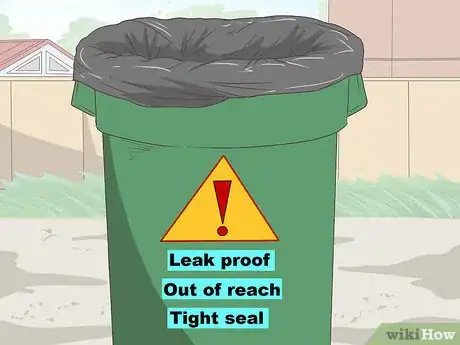
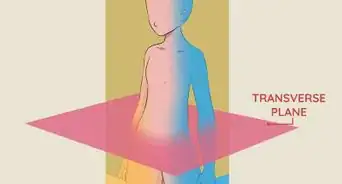
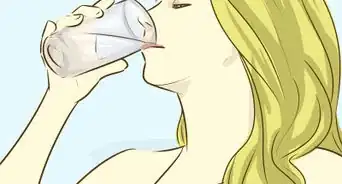
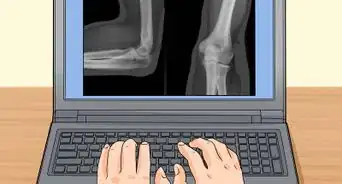
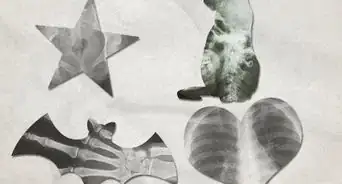
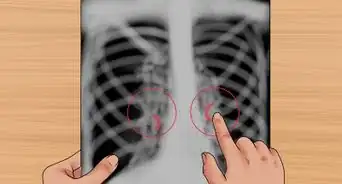
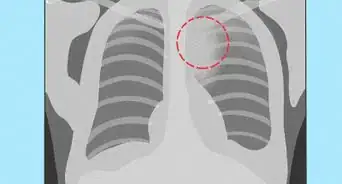
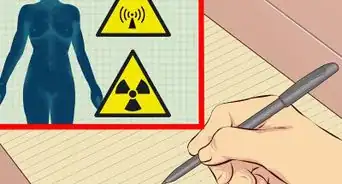

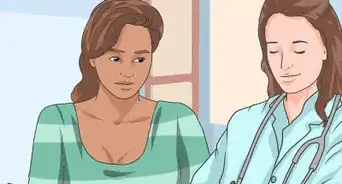














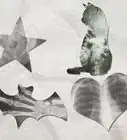



































Medical Disclaimer
The content of this article is not intended to be a substitute for professional medical advice, examination, diagnosis, or treatment. You should always contact your doctor or other qualified healthcare professional before starting, changing, or stopping any kind of health treatment.
Read More...